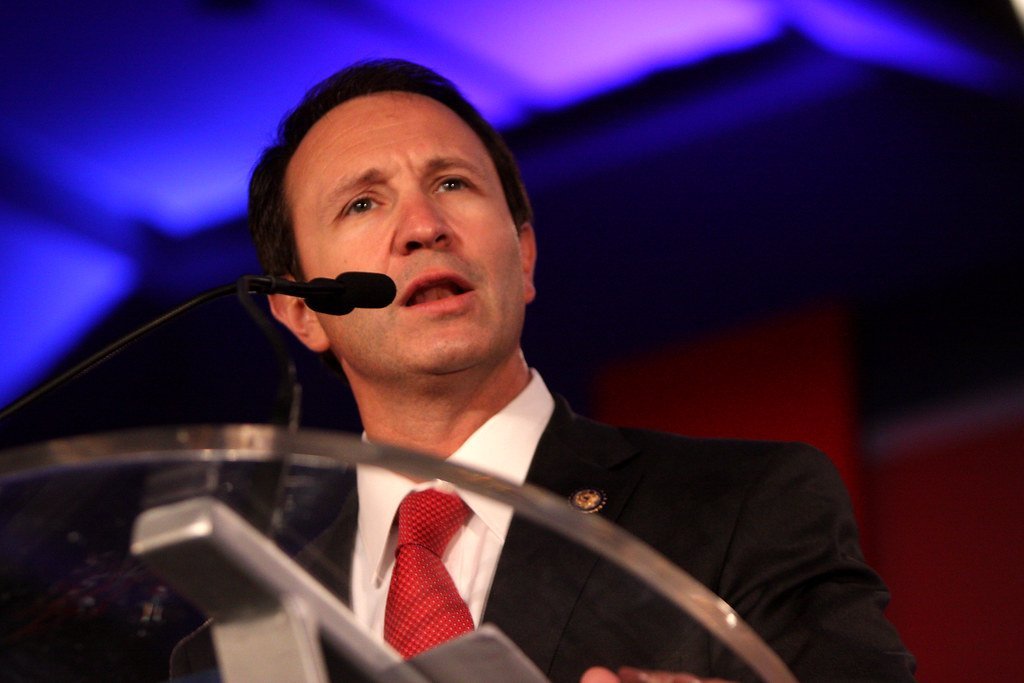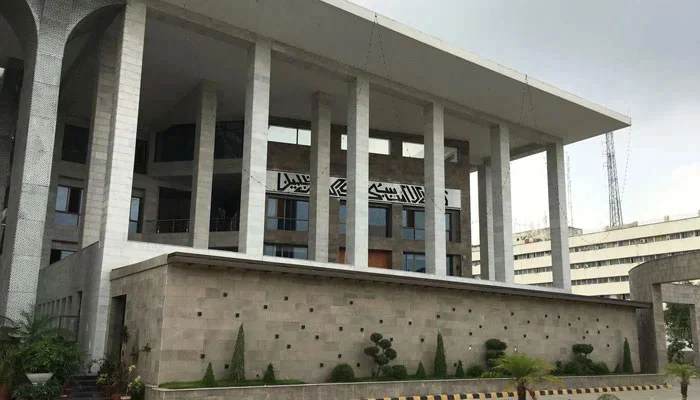In the realm of legislative action aimed at combating terrorism, the delicate balance between security imperatives and civil liberties often comes to the fore. However, a bipartisan anti-terrorism bill currently under consideration has ignited significant concerns within journalistic circles, particularly regarding its potential impact on nonprofit media organizations. This proposed legislation, while ostensibly targeting terrorist activities, has prompted fears that it could inadvertently muzzle independent journalism and infringe upon press freedom.
The bill, backed by representatives from both sides of the political spectrum, seeks to bolster national security measures by broadening the scope of what constitutes terrorism-related offenses and by imposing harsher penalties for individuals found to be supporting or engaging in such activities. While the intent behind the legislation is clear – to safeguard against the threat of terrorism – the language employed to define terrorism-related actions has sparked apprehension within the media landscape.
Central to the controversy is a provision within the bill that could feasibly classify certain journalistic endeavors as terrorism-related, particularly those involving investigations into sensitive subjects such as government surveillance practices, national security strategies, and the operations of extremist factions. This expansive definition raises the specter of journalists and media outlets facing scrutiny and legal repercussions for their investigative reporting efforts, which may inadvertently be construed as aiding or abetting terrorist elements.
Of particular concern are nonprofit media entities, which fear that the bill could severely curtail their ability to fulfill their journalistic mandates. Unlike their mainstream counterparts, nonprofit media organizations often rely on grants, donations, and community support to sustain their operations. The prospect of navigating legal challenges or enduring governmental scrutiny could dissuade these entities from pursuing critical investigative journalism on matters of public interest, including issues pertaining to environmental degradation, social equity, and governmental accountability.
Similarly, independent journalists, who frequently operate without the backing of major media conglomerates, worry that the bill could undermine their capacity to serve as vigilant watchdogs and to hold authority to account. In an era characterized by escalating media consolidation and corporate influence, independent journalists play a pivotal role in offering alternative viewpoints and unearthing stories that might otherwise remain unaddressed. Any legislative measure that encroaches upon their freedom to scrutinize and report on matters of societal import poses a direct threat to democratic principles and governmental transparency.
Advocates of the bill maintain that robust national security measures are indispensable for safeguarding citizens from the evolving menace of terrorism. They argue that the broadened definition of terrorism-related conduct is indispensable for law enforcement agencies to effectively counter extremism and to forestall acts of violence. Nonetheless, critics counter that such measures must not come at the expense of fundamental rights, including freedom of the press and freedom of expression.
As the debate surrounding the anti-terrorism bill intensifies, it becomes imperative for lawmakers to conscientiously contemplate the ramifications for press freedom and the pivotal role of nonprofit media within democratic frameworks. Striking a judicious balance between national security exigencies and constitutional protections necessitates a nuanced approach that upholds both public safety imperatives and individual liberties. Ultimately, any legislative endeavor geared toward combatting terrorism must be firmly anchored in the principles of transparency, accountability, and unfettered press freedom, thereby ensuring that journalists can persist in their indispensable role as sentinels and custodians of democracy.
Furthermore, the chilling effect of the bill on nonprofit media organizations and independent journalists could have far-reaching consequences for public discourse and civic engagement. These entities often serve as conduits for marginalized voices and as advocates for social justice causes. By silencing or stifling their ability to report on issues of public concern, the bill risks marginalizing already disenfranchised communities and exacerbating inequalities within society. In a democracy, the free exchange of ideas and perspectives is paramount to fostering understanding, empathy, and solidarity among citizens. Any measure that restricts this exchange undermines the pluralistic ideals upon which democracy thrives.
Addressing Concerns and Preserving Press Freedom
In light of these concerns, it is incumbent upon lawmakers to carefully consider the potential ramifications of the anti-terrorism bill and to enact safeguards to protect press freedom and democratic discourse. This may involve revising the language of the bill to ensure that it does not unduly impede journalistic activity or infringe upon constitutional rights. Additionally, lawmakers should engage in dialogue with representatives from the media industry, civil society organizations, and academia to solicit feedback and address concerns about the bill’s potential impact.
Moreover, it is essential for citizens to remain vigilant and to advocate for the preservation of press freedom and democratic principles. This may entail contacting elected representatives, participating in public forums, and supporting media organizations that champion independent journalism and editorial integrity. Ultimately, the defense of press freedom is not solely the responsibility of lawmakers or journalists but requires the active engagement of all members of society who value democracy, transparency, and accountability. By standing together in defense of these fundamental principles, we can ensure that the voices of the press continue to resonate as vital guardians of democratic governance and societal progress.



